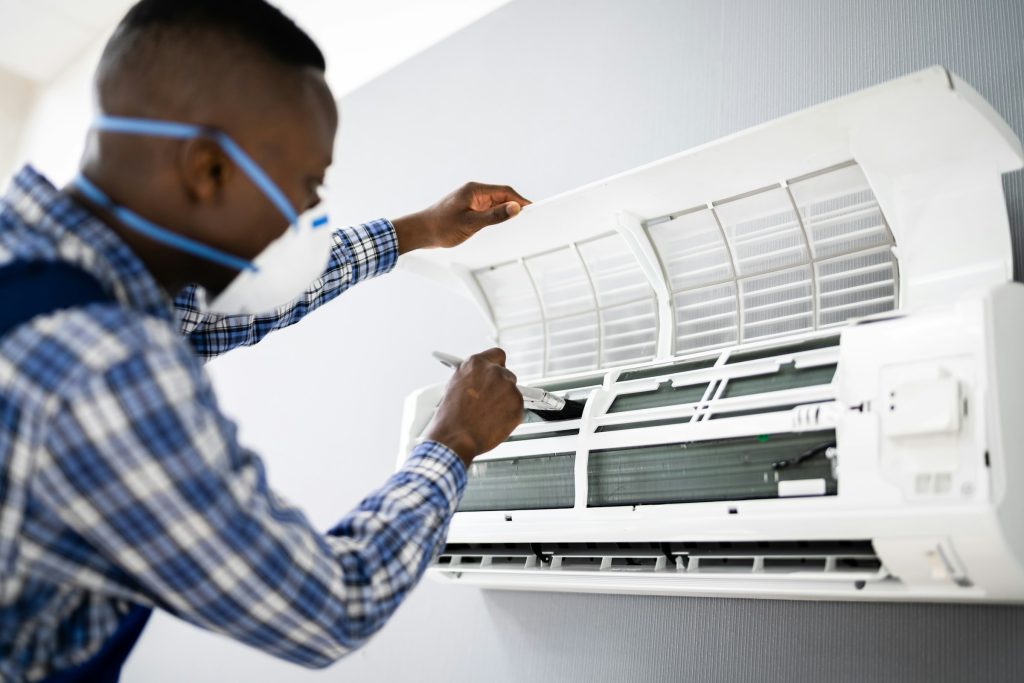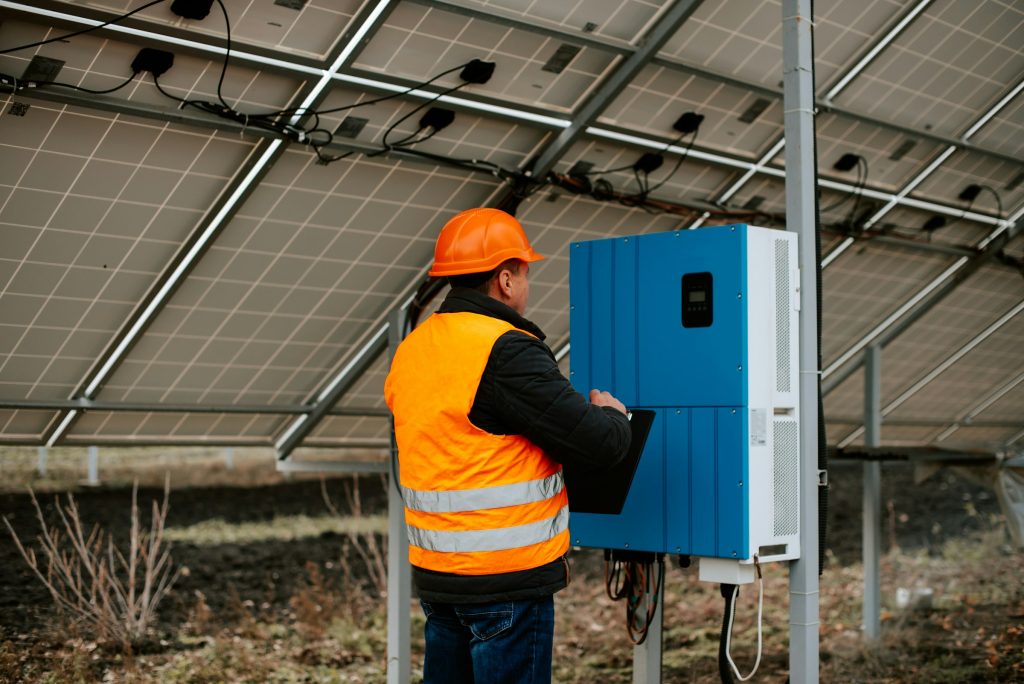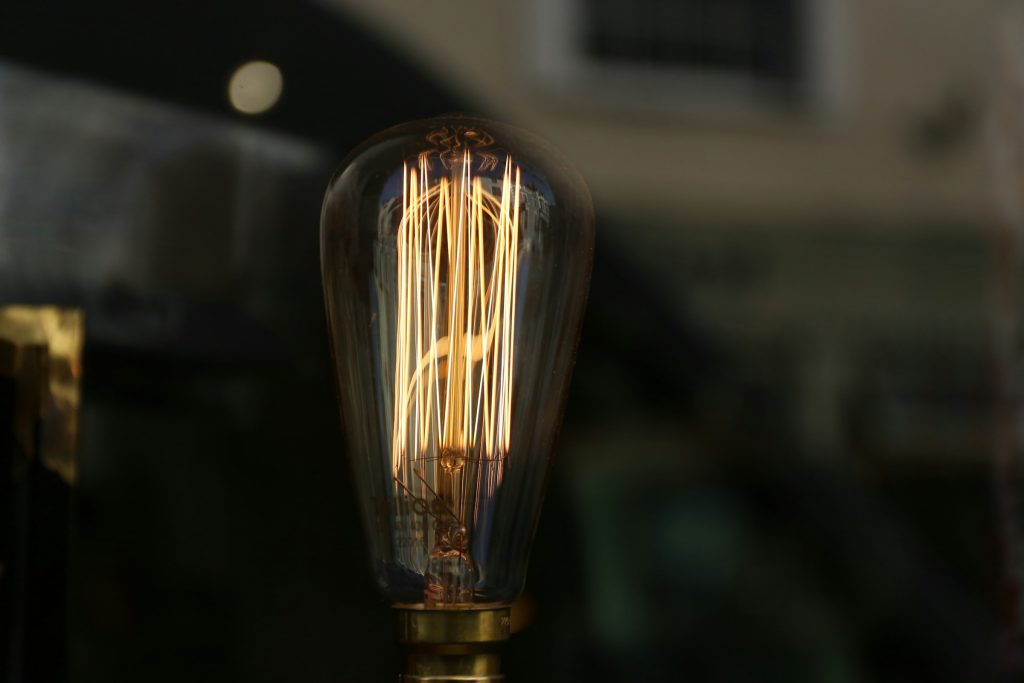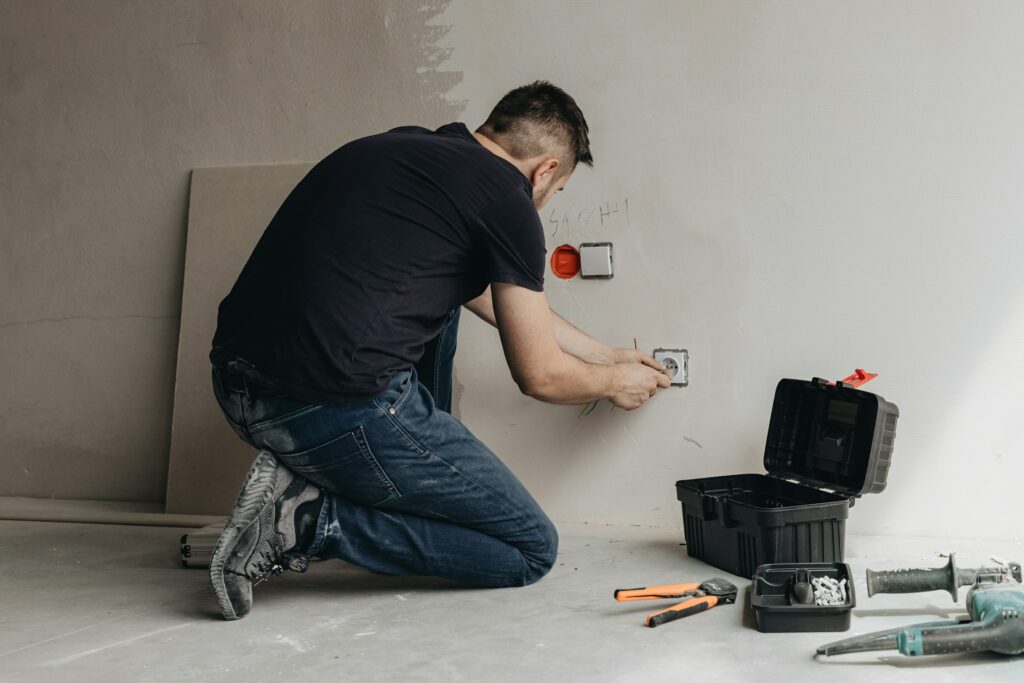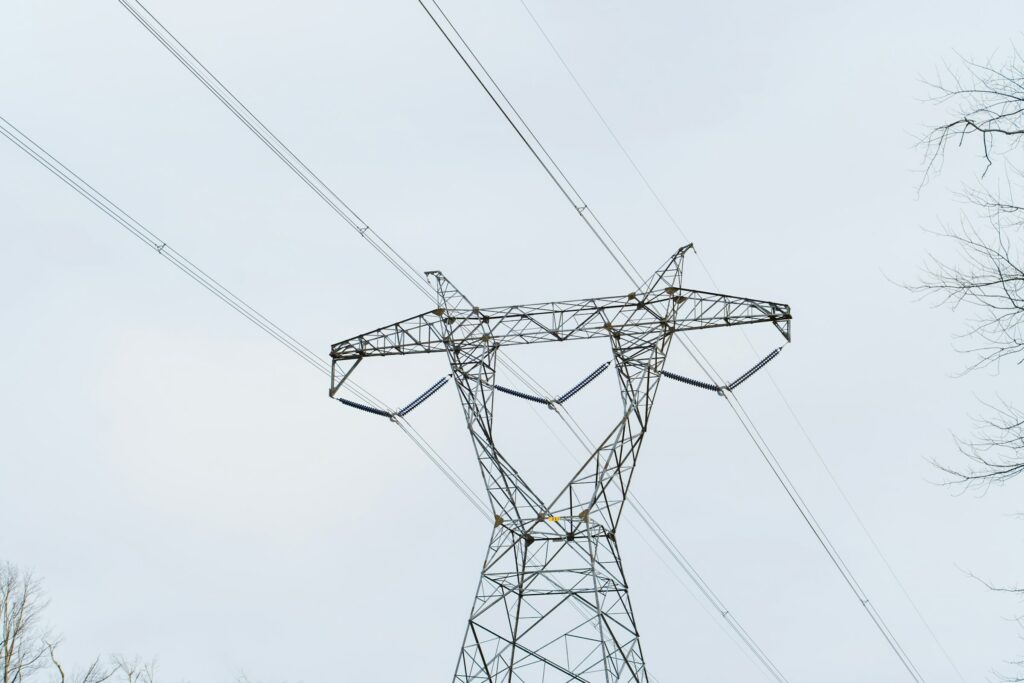Meta Title: – Safeguard Your Home From Electrical Fires: Essential Tips From Experts
Meta Description: Uncover how to avert electrical fires at home, with crucial strategies and expert advice from Down To The Wire Electrical Services, boasting over a decade of experience in the electrical industry.
TL;DR
-
Electrical Fires: As the leading cause of home structure fires in the UK between 2015 and 2019, understanding and preventing electrical fires is paramount. These fires are often caused by undetected short circuits, overloaded plugs, and faulty wiring systems in our homes.
-
Lessons Learnt: Learning from past incidents, such as Joanna’s unfortunate loss due to a faulty wiring system, underline the importance of regular electrical system inspections.
-
Prevention Steps: Protecting your home from electrical fires can be easily achieved by adhering to a few steps. Firstly, get an electrical system inspection by a qualified professional. Secondly, avoid overloading plugs, disconnect electronic devices when not in use, and make use of circuit breakers. Lastly, ensure functioning fire detection systems in your home.
-
Conclusion: Preventing electrical fires is much easier than dealing with the aftermath, keeping our homes safe for our beloved ones. Regular vigilance can go a long way in keeping these fires at bay.
Protect Your Home from Electrical Fires: Crucial Tips and Strategies
Section 1: Introduction
Electrical fires often strike without warning, and they can transform a serene household into an unending scene of devastation in just a few moments. Pointing to some eye-opening statistics, the National Fire Protection Association^1^ in the UK revealed that between 2015 and 2019, electrical distribution systems were the leading cause of home structure fires. But knowledge is power, and this article aims to empower you with a detailed understanding of electrical fires and the ways to prevent them.
Section 2: What You Should Know About Electrical Fires
All too often, the causes of electrical fires are right under our noses. Short circuits, overloaded plugs, and faulty wiring systems – they all pose their respective threats, but the danger lurks when they remain undetected in our homes. By developing an understanding of these elements, we can optimise our ability to spot potential hazards and prevent a catastrophe.
Section 3: Learning from Past Electrical Fires
There’s no teacher like experience, but let’s rely on other’s misfortunes than learn from our own. Consider Joanna’s story^2^, a young woman from Liverpool who lost everything to an electrical fire that started due to a faulty wiring system. Had Joanna known the signs of an upcoming electrical fire, she could have saved herself from devastation. This instance underlines the importance of a proper electrical system inspection in every home.
Section 4: Easy and Effective Steps for Preventing Electrical Fires
- Inspection: An electrical system inspection by a qualified professional should be at the top of your checklist. They can identify any faults or weak points that could lead to an electrical fire.
- Safety Measures: Keep your plugs and outlets from getting overloaded. Unplug electronic devices when not in use and make use of circuit breakers.
- Fire Detectors: This could be your first line of defence against a potential fire. Regular maintenance of these devices is a must.
Section 5: Conclusion
Apprehending the menace that electrical fires represent, it’s important to apply the old adage – prevention is better than cure. A few simple steps can create a huge impact on the safety of your home, your belongings, and your loved ones. Your vigil and your effort could be the key to keeping electrical fires at bay.
^1^ National Fire Protection Association
^2^ Story based on real events, name changed for privacy reasons.
FAQ 1: What is an electrical fire and how does it start?
An electrical fire refers to a fire caused by electrical systems such as wiring, outlets, or devices. They often originate from short circuits, overloaded plugs, or faulty wiring systems that go undetected. An electrical fire can start when the heat produced from electricity is enough to ignite nearby flammable materials. Regular checks of your home’s electrical installations and systems can help prevent these fires.
FAQ 2: What signs should I look out for that may indicate an electrical fire risk?
Here are some crucial signs that your home may be at risk of an electrical fire:
- Frequent electrical shorts or tripped circuit breakers. This could be a sign of an overloaded circuit.
- Discoloured or hot plugs and switches. A plug or switch that feels hot to the touch or appears discoloured may pose a fire risk.
- Flickering lights. This could be an indication of faulty wiring.
- Burning odour. An unaccounted smell of burning plastic can be a sign of an electrical fire brewing.
Special attention should be paid to these signs to mitigate the chance of an electrical fire.
FAQ 3: How often should I have my home’s electrical system inspected?
Your home’s electrical system should ideally be inspected every 3-5 years by a qualified professional. However, if your home is over 40 years old, or you have major appliances over 10 years old, you should consider getting your electrical system checked more frequently.
FAQ 4: Is there anything I can do myself to reduce the risk of electrical fires, besides professional inspections?
Indeed, there are several steps you could take to prevent electrical fires:
- Avoid overloading electrical outlets.
- Make sure all your appliances have the British safety mark.
- Don’t leave your electronic devices charging overnight or when out of the house.
- Regularly check all cords, plugs, outlets, and switches in your home for any damage or signs of overheating.
FAQ 5: How effective are fire detectors in preventing electrical fires?
Fire detectors play a critical role in early detection of fires, hence, potentially preventing a full-blown electrical fire. They alert you the moment smoke is detected, allowing you to respond immediately. However, it is crucial to maintain and test them regularly to ensure they function correctly.
FAQ 6: What should I do in the event of an electrical fire?
In the unfortunate event of an electrical fire:
- Call the fire brigade immediately.
- If possible, disconnect the electricity.
- Never use water to extinguish an electrical fire, as electricity can travel through water and cause electrocution.
- Instead, use a class C fire extinguisher, specially designed to combat electrical fires.
- If the fire is still manageable, try to leave the house, closing any doors behind you to prevent the fire from spreading.
Remember that your safety and the safety of others is paramount. Never attempt to tackle a fire if it puts your life at risk.
